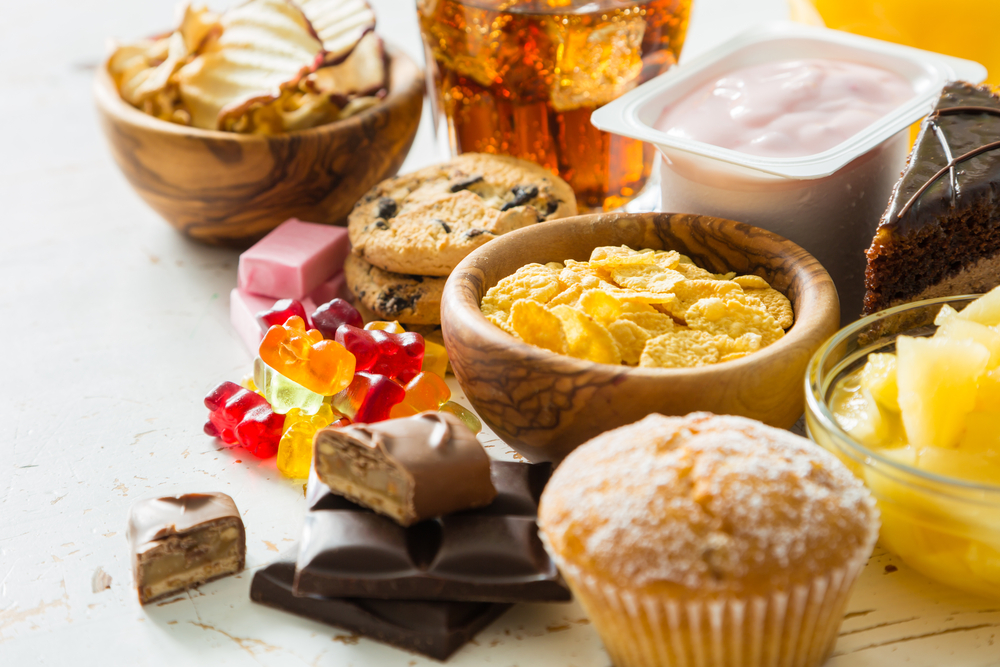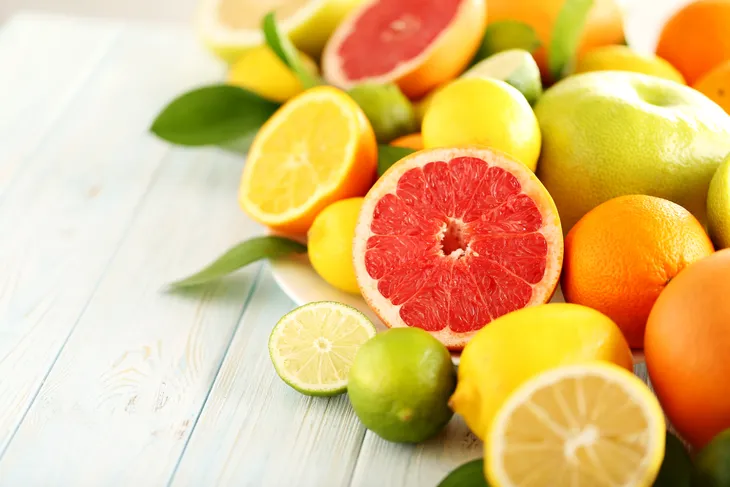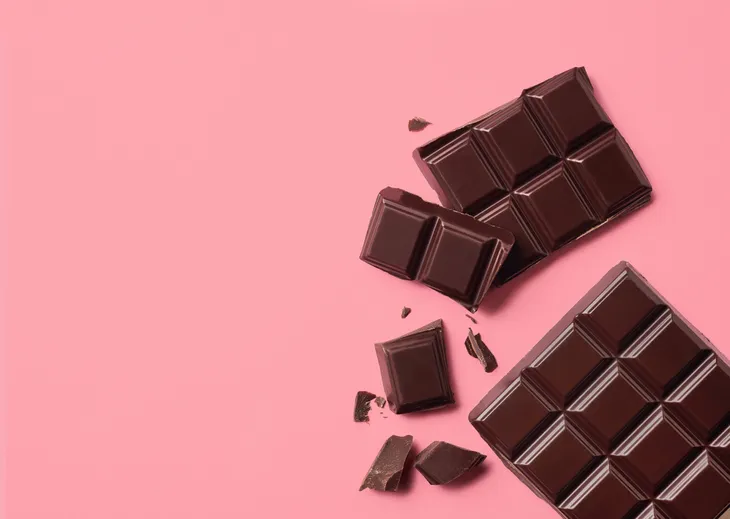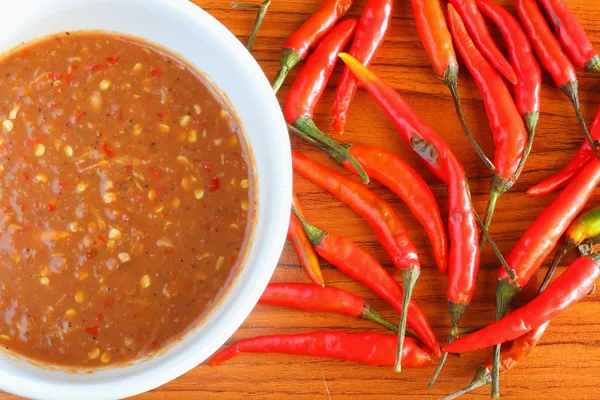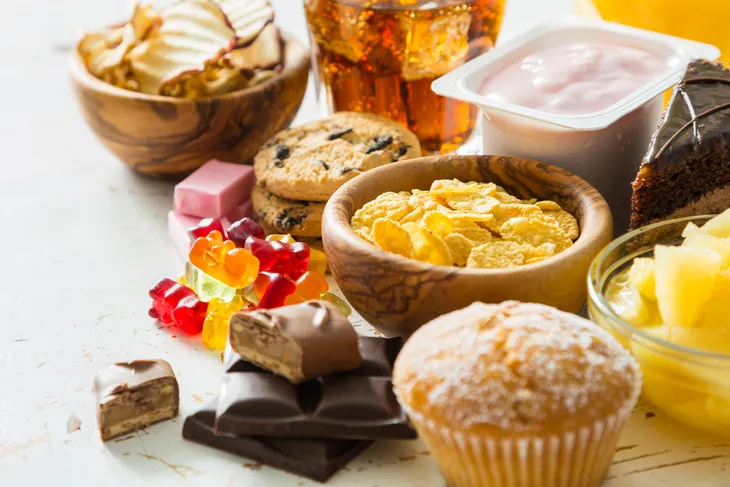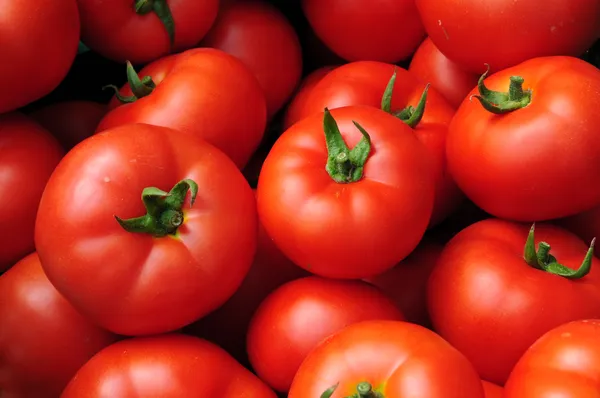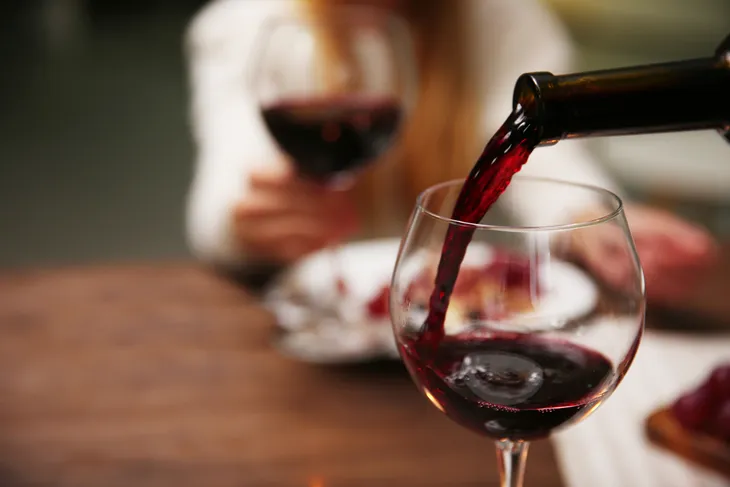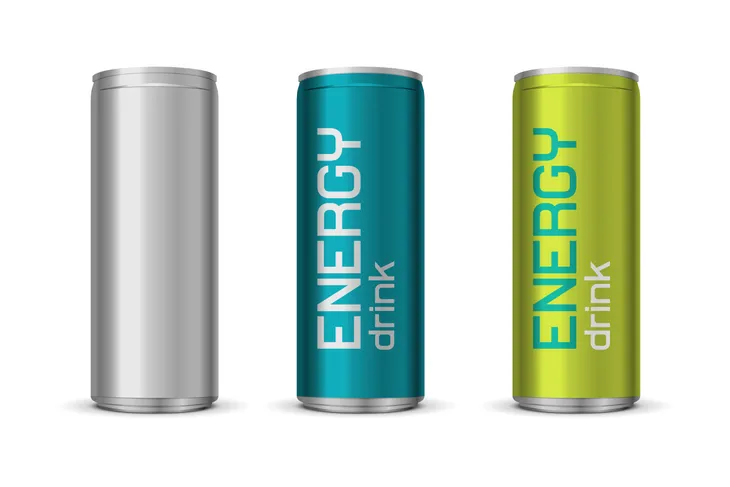Overactive bladder, or OAB, is a problem that affects millions of people in North America – up to 30 percent of men and 40 percent of women, according to the Urology Care Foundation. Generally, it impacts people more as they get older, with the condition intensifying if there’s a family history of bladder problems. Of course, if you simply consume a lot of fluids — say, you work out most days and drink a lot of water — you may find yourself making overly frequent pit stops.
But there are a number of foods that can make this problem more prevalent. If you find that you’re getting up in the middle of the night to use the washroom, then it may be time to try avoiding some of the foods and beverages found on the following list.
Citrus Fruit
People love their citrus fruit, and no wonder — fruits like oranges, tangerines, and grapefruits are sweet and delicious, making them excellent on their own or added to smoothies and salads. On top of that, citrus fruit contains loads of vitamin C, which can help keep our immune system working as it should — something that’s particularly important during the long winter months when people spend lots of time inside and in the company of others.
But eating a lot of citrus fruit does have its drawbacks, particularly if you find yourself going to the washroom a lot. That’s because the compounds in citrus fruit can activate the bladder, making you think you need to use the restroom even when you don’t. The problem is the acidity of citrus fruit, so if you’re having issues with overactive bladder, consider swapping out oranges and grapefruit in favor of berries or bananas.
Chocolate
Chocolate is one of the world’s most popular foods, and no wonder — it’s delicious, whether consumed right out of the package or in baked goods like cookies and cake. But unless you’re eating dark chocolate — which tends to have less sugar and may help prevent a range of illnesses, including heart disease and cancer — it’s hard to consider it truly healthy.
In fact, chocolate may also hamper efforts to overcome overactive bladder. That’s because most forms of chocolate contain some caffeine, a substance that’s addictive and that can irritate the bladder, forcing you to visit the restroom more than otherwise necessary. Dark chocolate may not be a help here, either, as it tends to contain more caffeine than milk chocolate.
Coffee
This one is fairly obvious — unless it’s decaffeinated, coffee can contain loads of the addictive substance caffeine, which tends to irritate the bladder and force people into more restroom visits. Just a few cups of coffee each day can have a significant impact on the number of times you’ll need to visit the bathroom, unless you opt for the decaf variety.
If you’re a fan of warm drinks, there are alternatives, starting with green tea. Keep in mind that most other forms of tea, including black tea, contain ample amounts of caffeine and may not offer a much different experience than drinking coffee. If green tea isn’t your thing, there are a wide range of mint and fruit teas that you might find to your liking.
Spicy Foods
Go to any restaurant and you can bet there’s at least a few menu items that can be considered “spicy,” whether it’s the “suicide” chicken wings, five-alarm chili, or vindaloo curry. Many people gravitate towards these spicy foods for a variety of reasons: maybe they just like showing off their tolerance for spice or perhaps they genuinely enjoy the taste of spicier foods. It’s also worth noting that spicy foods tend to help one feel fuller for longer.
But spicy foods can present a number of health issues, including acid reflux, upset stomach, and diarrhea. Beyond that, these kinds of foods can significantly irritate the bladder, leading individuals to spend more time than usual in the restroom. Specifically, hot foods can cause the lining of the bladder to become inflamed, making it feel as though it’s time to go to the washroom. If you’re struggling with overactive bladder, then consider limiting your consumption of spicier foods.
Sugary Foods and Drinks
We all know sugar can be dangerous: whether it’s rotting our teeth, causing our waistbands to expand, or leading to a type 2 diabetes diagnosis, there are plenty of reasons to restrict sugar consumption. But it’s impossible to ignore that many of our favorite foods — and especially popular dessert items — contain loads of sugar.
And there’s even more reason for you to avoid sugar if you suffer from overactive bladder. That’s because many urologists — or doctors who specialize in the functionality of the urinary tract and bladder — believe excessive sugar consumption can negatively impact the bladder, making it more likely to send individuals running to the washroom. If that’s a tall order, try using Stevia, a natural sweetener that shouldn’t cause issues with the bladder.
Tomato Products
It’s hard to imagine tomato products like spaghetti sauce or pizza sauce having a negative effect on the functioning of the human bladder, but the acidity in tomatoes can present serious problems for people with OAB.
Not all individuals with overactive bladder will have problems with tomatoes, which aren’t as high in acidity as citrus fruit. But the tomato can present issues, particularly if it’s combined with spices to make a dish like salsa or taco sauce. If overactive bladder is becoming particularly troublesome for you, try reducing your tomato consumption.
Alcohol
Drinking a lot of any beverage can present problems for people with an overactive bladder, but alcoholic drinks are particularly troublesome. That’s because alcohol can significantly impact brain activity, potentially telling your bladder that it’s time to go to the restroom, even though that’s not really the case. Of course, if you drink to excess — for example, you polish off a six-pack of beer or a bottle of wine all by yourself — you’re going to be visiting the washroom a lot, no matter what.
There are many reasons to reduce your alcohol consumption, and overactive bladder is just one. Note that consuming alcohol to excess can increase your risk of developing a wide range of health issues, from liver disease to diabetes.
Energy Drinks
Drinks designed to give you a boost of energy almost always depend on caffeine to fulfill their promises to consumers, so don’t assume you can use them as a substitute for other caffeinated beverages like tea or coffee. On top of that, these beverages tend to use a lot of sugar, which can also irritate the bladder and lead to frequent bathroom visits.
If your issues with overactive bladder aren’t too serious, try replacing caffeinated beverages with simple, clean water. Drinking water can help hydrate us and give us a boost of energy; it may also help sustain us through intense exercise sessions. Better yet, make sure you get enough sleep so that there’s less need to drink excessive fluids, caffeinated or not.
